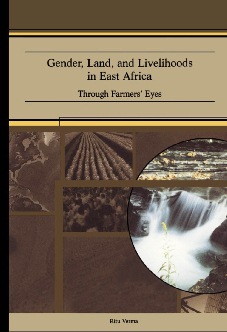A indispensável terra africana para o aumento da riqueza dos pobres
Este artigo junta-se aos esforços de muitos outros africanos, entendendo-se por pobreza não só os níveis de rendimento por dia por pessoa, mas também a pobreza como ausência de poder nas relações intra-familiares, entre estas e os demais actores e entre a sociedade no seu todo e os recursos naturais de que se dispõe no Continente Africano.







